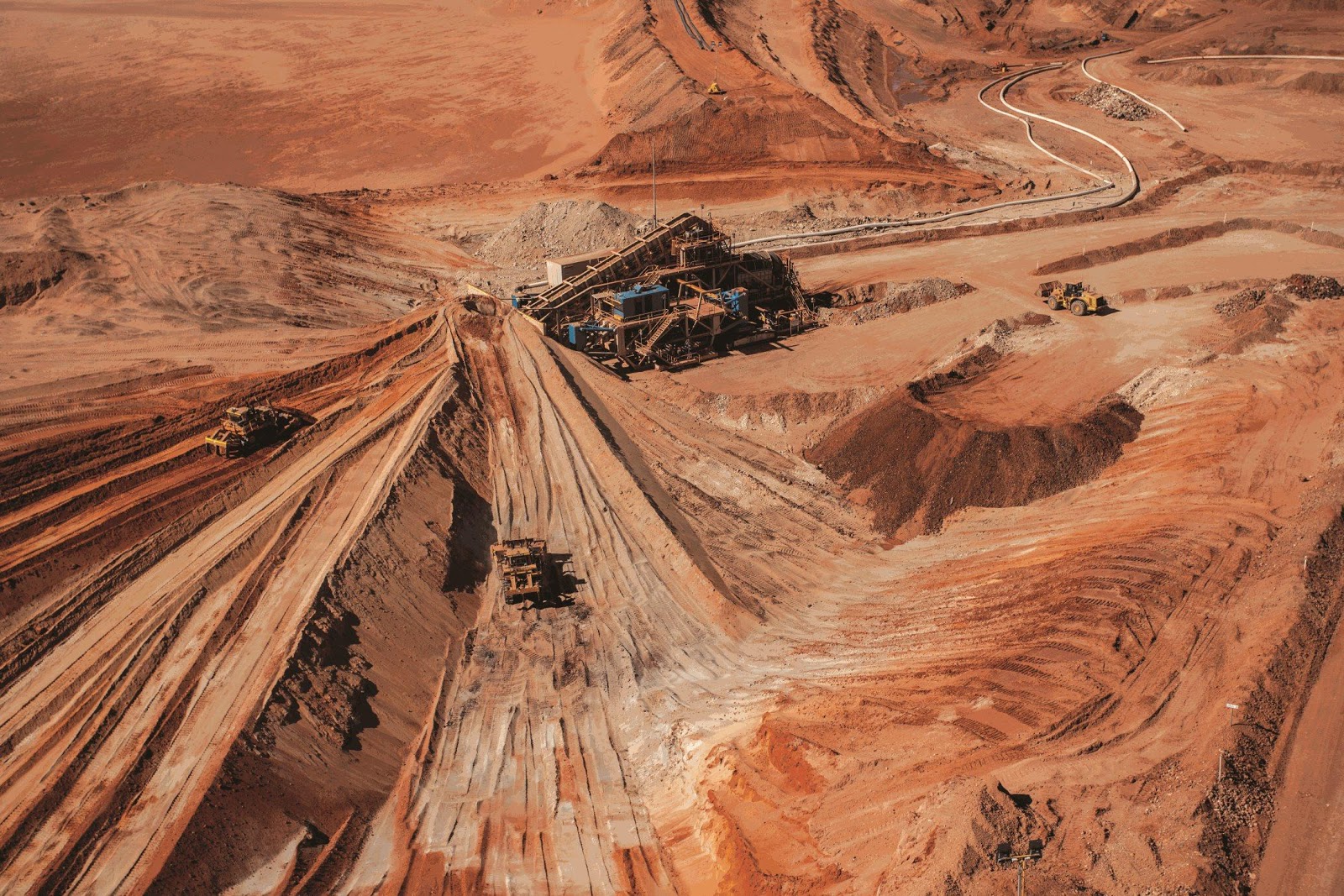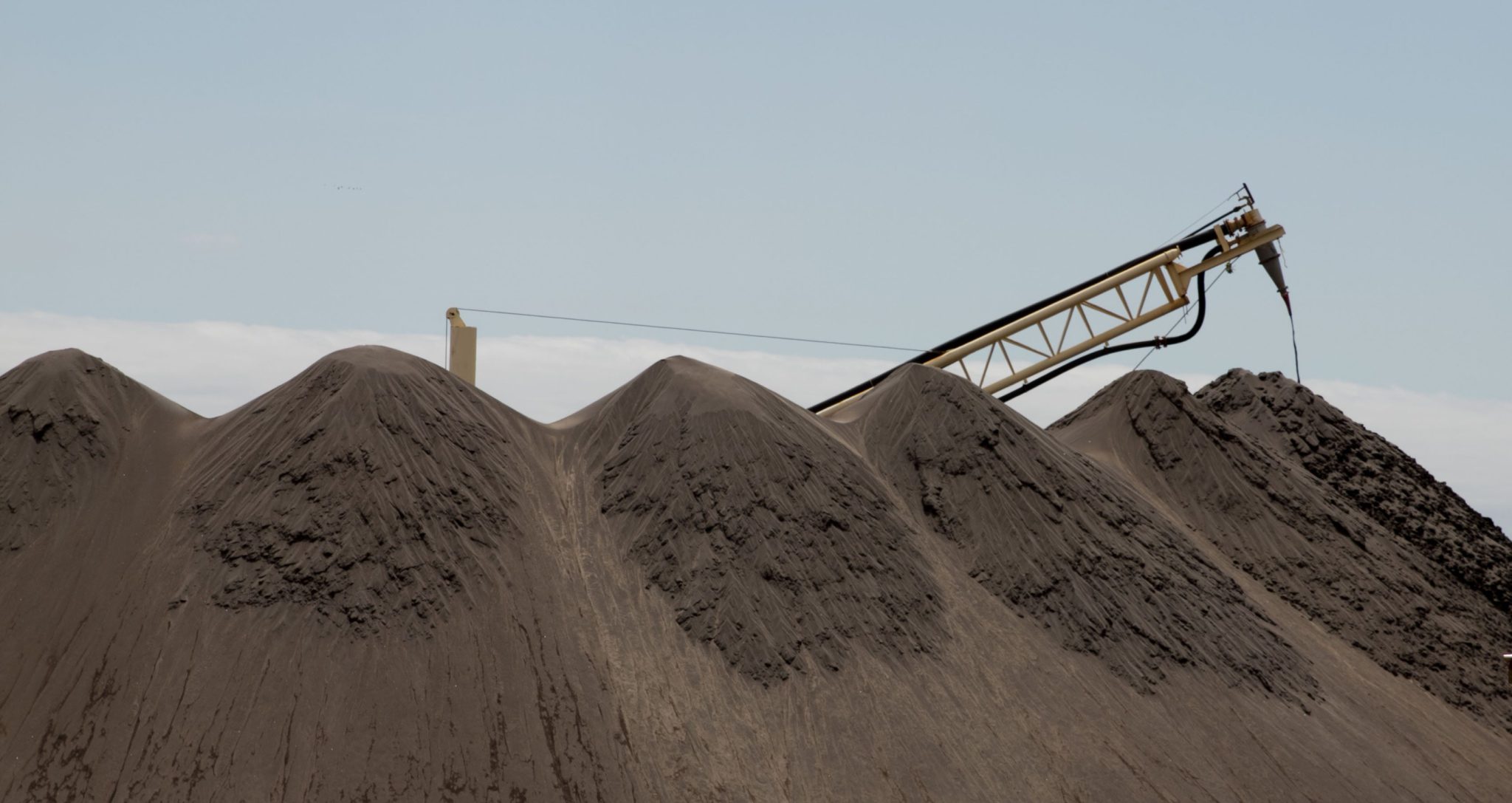Iron powder is a fine powder made from various forms of iron. It is used in a wide range of applications across multiple industries due to its unique properties.

Characteristics
- Chemical Composition: Iron powder primarily consists of elemental iron (Fe), though it may contain small amounts of other elements or compounds depending on the production method and intended use.
- Physical Properties:
- Particle Size: Iron powder is available in various particle sizes, from very fine to coarse.
- Density: The density of iron powder can vary depending on its form and production method.
- Surface Area: Fine iron powders have a high surface area relative to their volume.
- Magnetic Properties: Iron powder exhibits ferromagnetic properties, meaning it can be magnetized and attracted to magnets.
Production Methods
- Atomization: This involves spraying molten iron into a stream of gas or water, causing the iron to cool and solidify into fine particles. Atomization can produce powders with various particle sizes and shapes.
- Reduction: Iron ore or mill scale is reduced using a reducing agent (like hydrogen or carbon monoxide) to produce iron powder. This method can produce high-purity iron powder.
- Electrolysis: This method involves passing an electric current through an iron salt solution, causing iron to deposit as a powder on the cathode.
- Mechanical Milling: Solid iron is mechanically milled to produce fine iron powder. This method can control particle size and shape.
Applications
- Powder Metallurgy: Iron powder is extensively used in powder metallurgy for making parts such as gears, bearings, and automotive components. It allows for the production of complex shapes and materials with controlled properties.
- Magnetic Materials: Due to its ferromagnetic properties, iron powder is used in the production of magnetic cores, inductors, and transformers.
- Chemical Applications:
- Catalysts: Iron powder is used as a catalyst in chemical reactions, such as the synthesis of ammonia in the Haber process.
- Additive: It is added to certain chemical formulations and reactions where its reactivity and properties are beneficial.
- Electronics: Iron powder is used in various electronic applications, including the production of ferrites for inductors and transformers.
- Metal Injection Molding (MIM): Iron powder is used in MIM to produce small, intricate metal parts that would be difficult to manufacture using traditional methods.
- Additive Manufacturing: Iron powder is used in 3D printing technologies, such as selective laser sintering (SLS) and binder jetting, to create metal parts and prototypes.
- Soil and Water Remediation: Due to its reactivity, iron powder is used in environmental applications to remove contaminants from soil and water.
- Nutritional Supplements: Iron powder is used as a fortifying agent in nutritional supplements and food products to prevent and treat iron deficiency anemia.
Iron powder is a versatile material with a broad range of applications in industries such as powder metallurgy, electronics, chemicals, and environmental remediation. It is produced using various methods, including atomization, reduction, electrolysis, and mechanical milling, each offering different particle sizes and properties. Iron powder’s unique characteristics, such as its reactivity, magnetic properties, and high surface area, make it valuable in numerous industrial and commercial applications.


